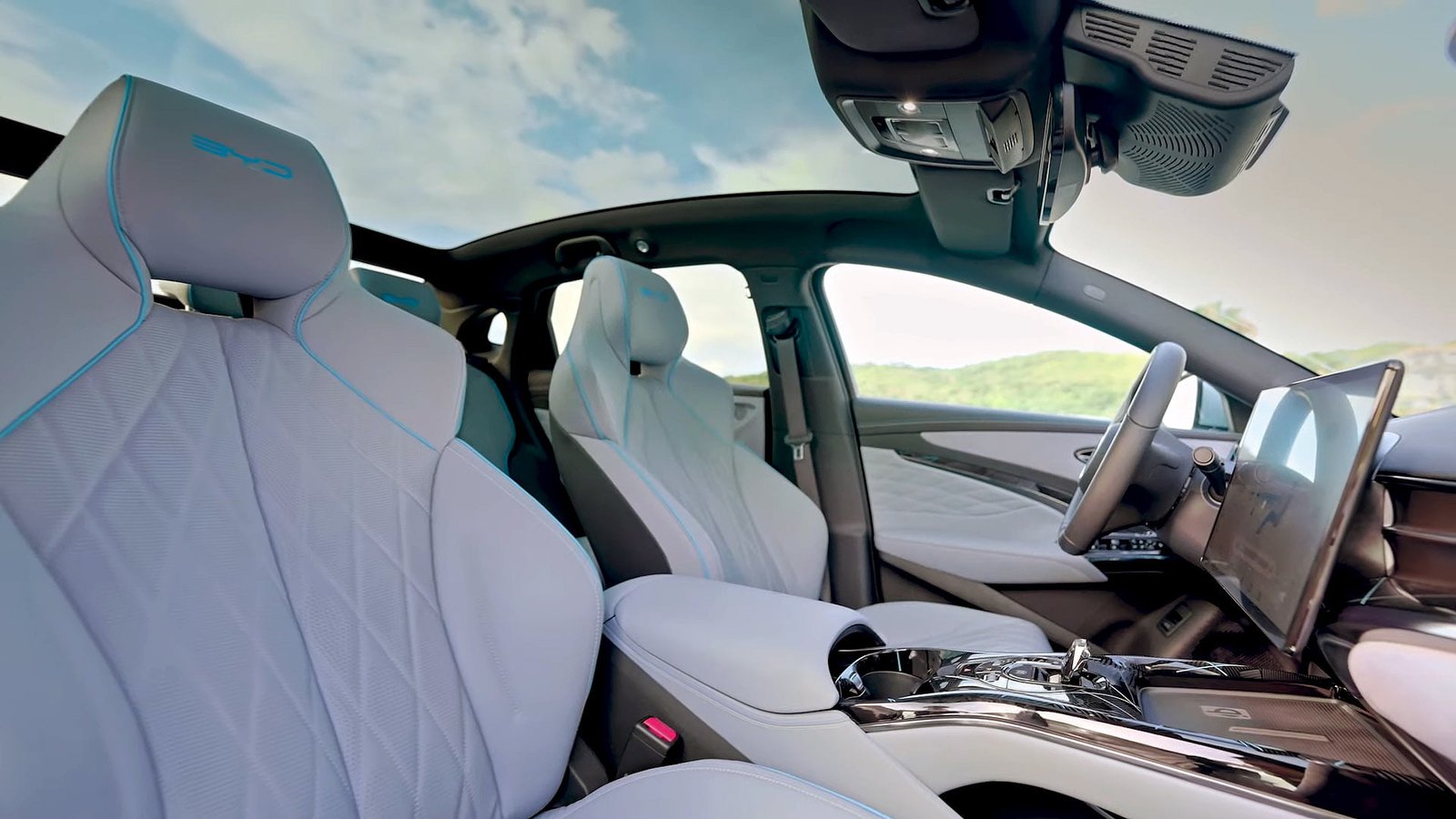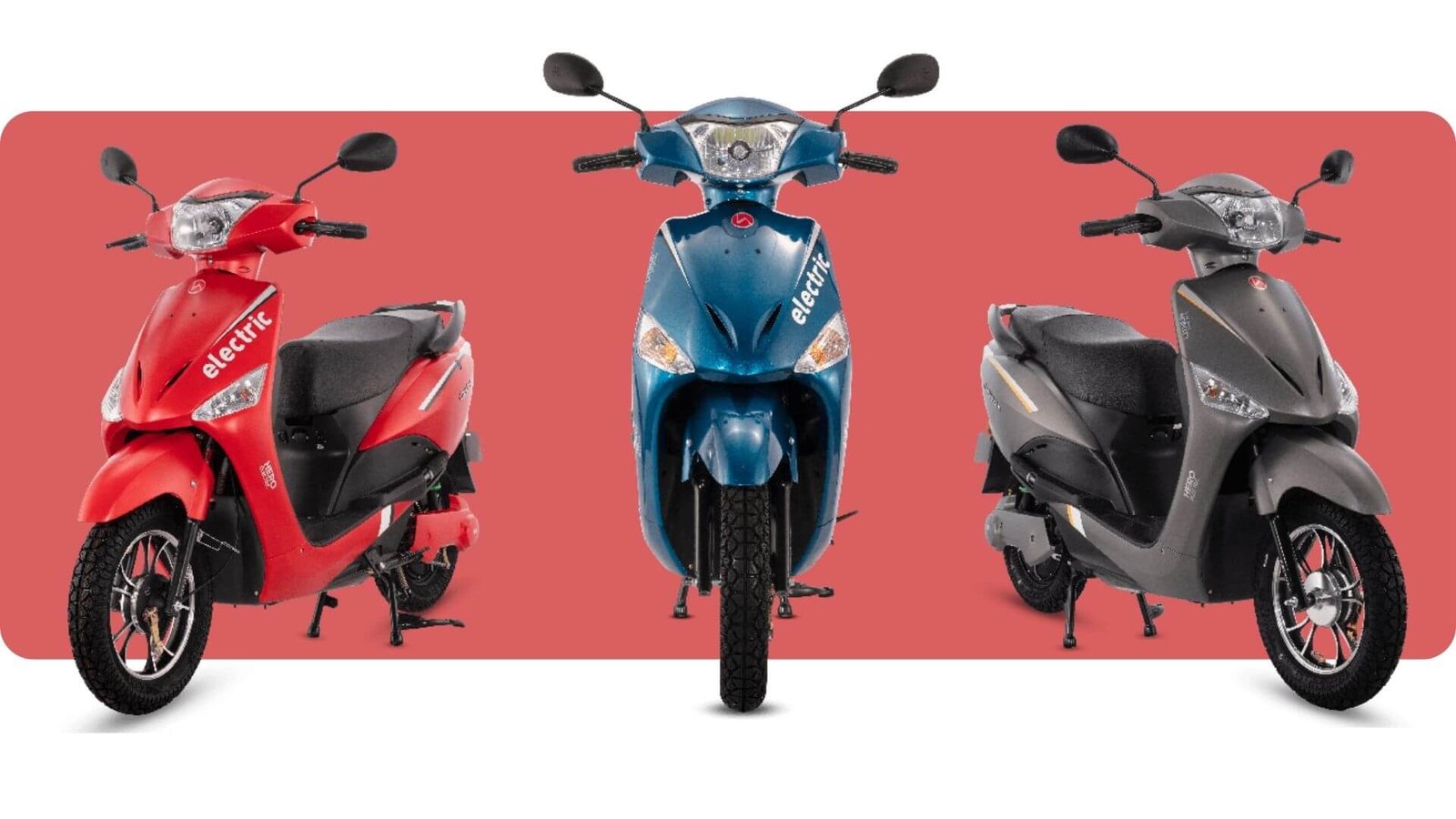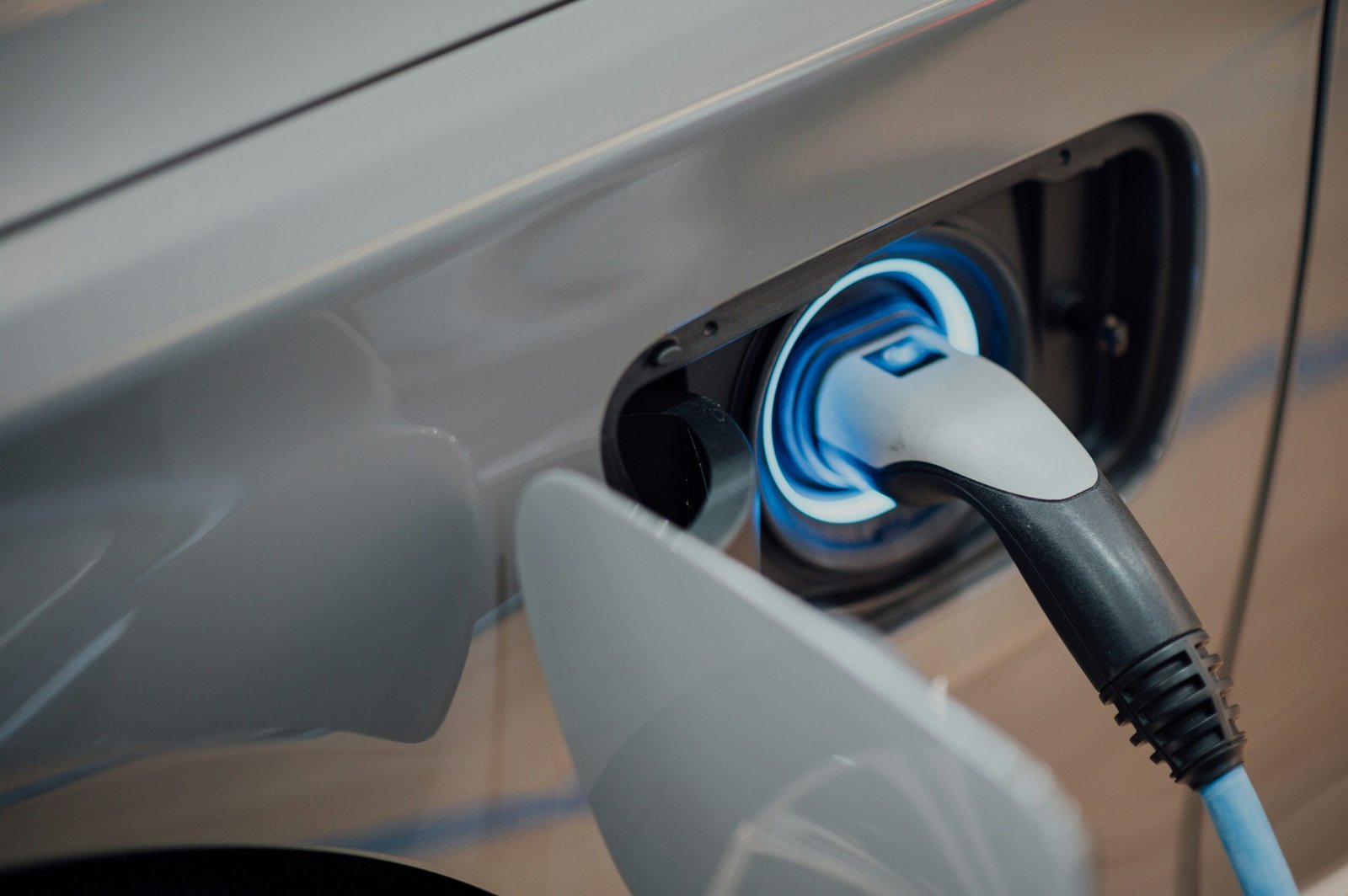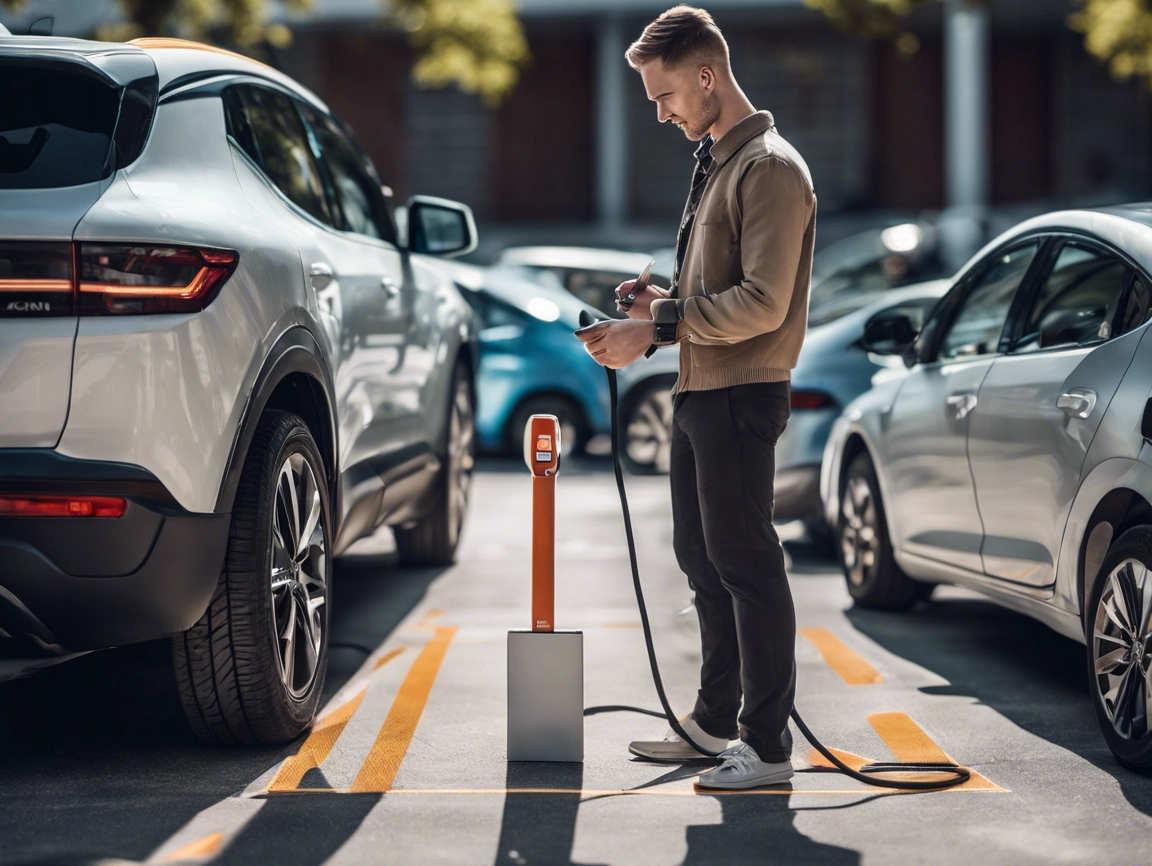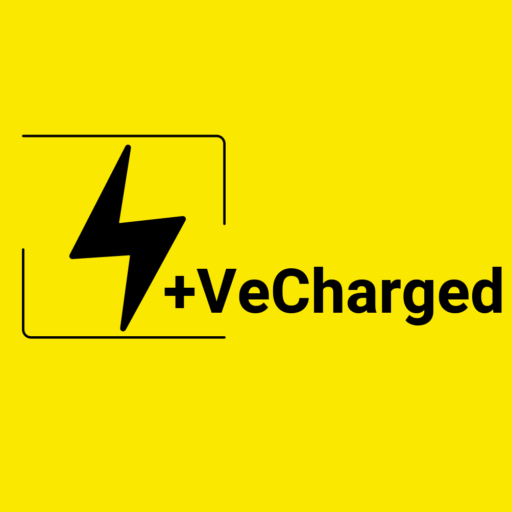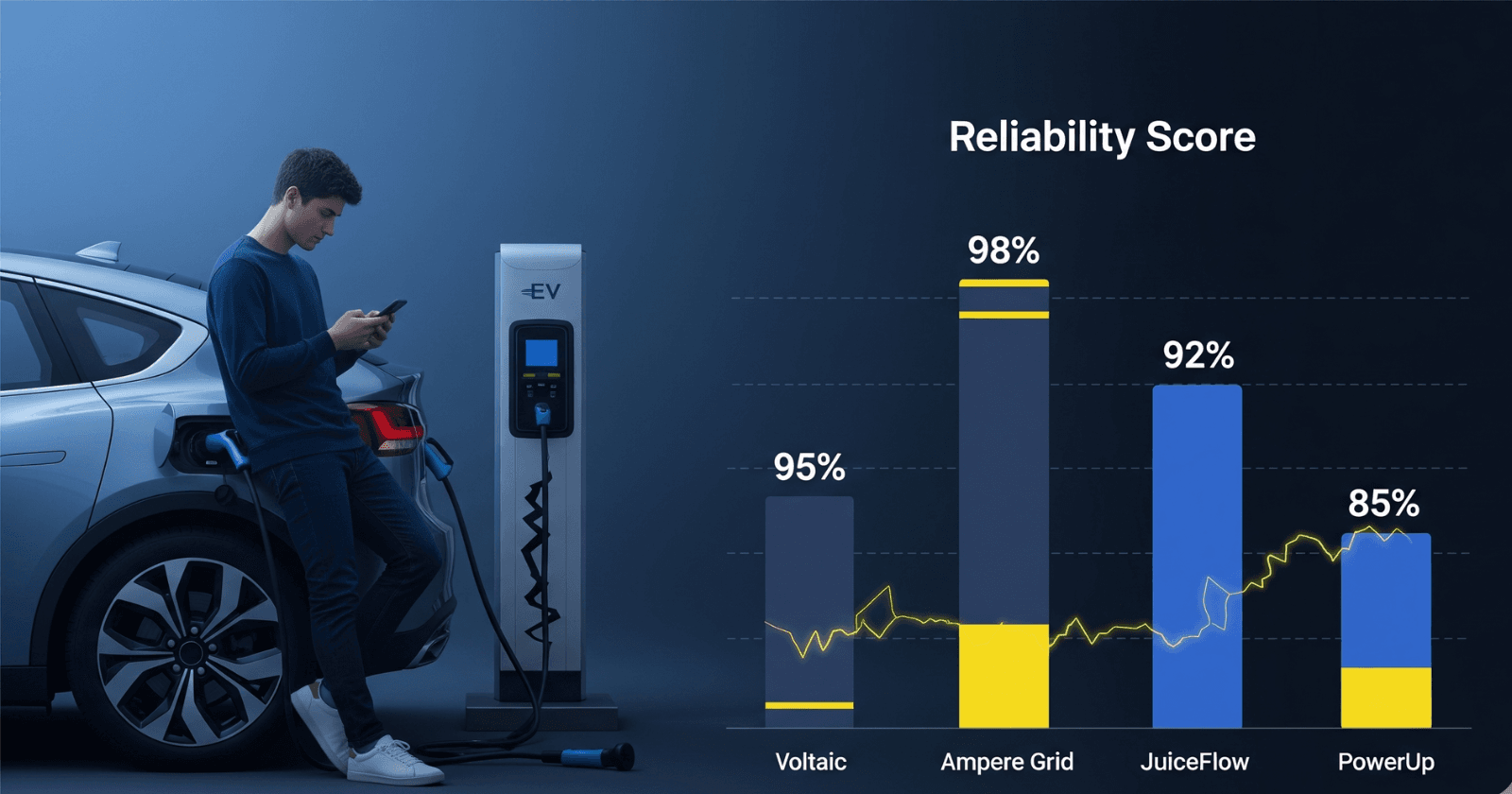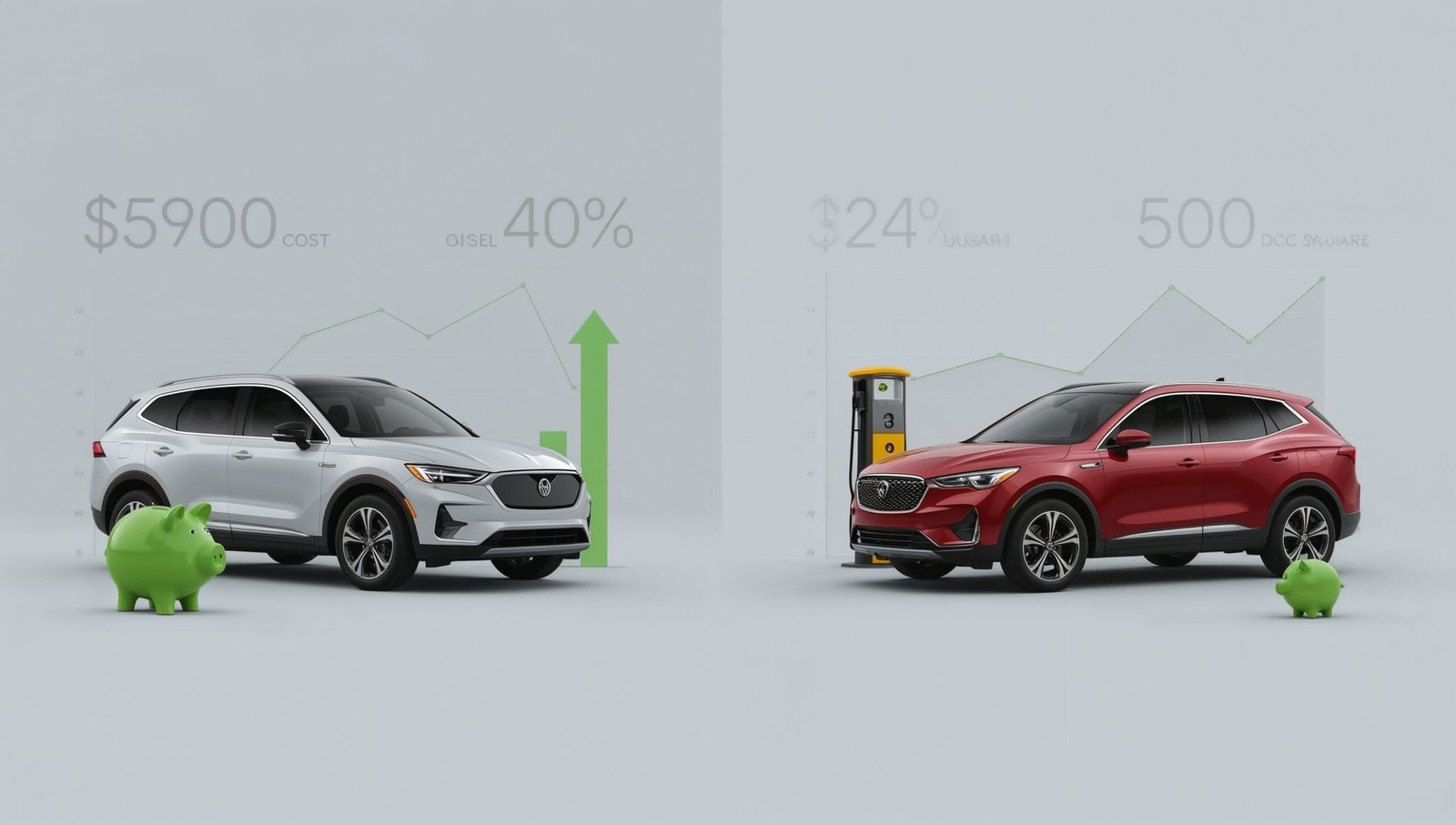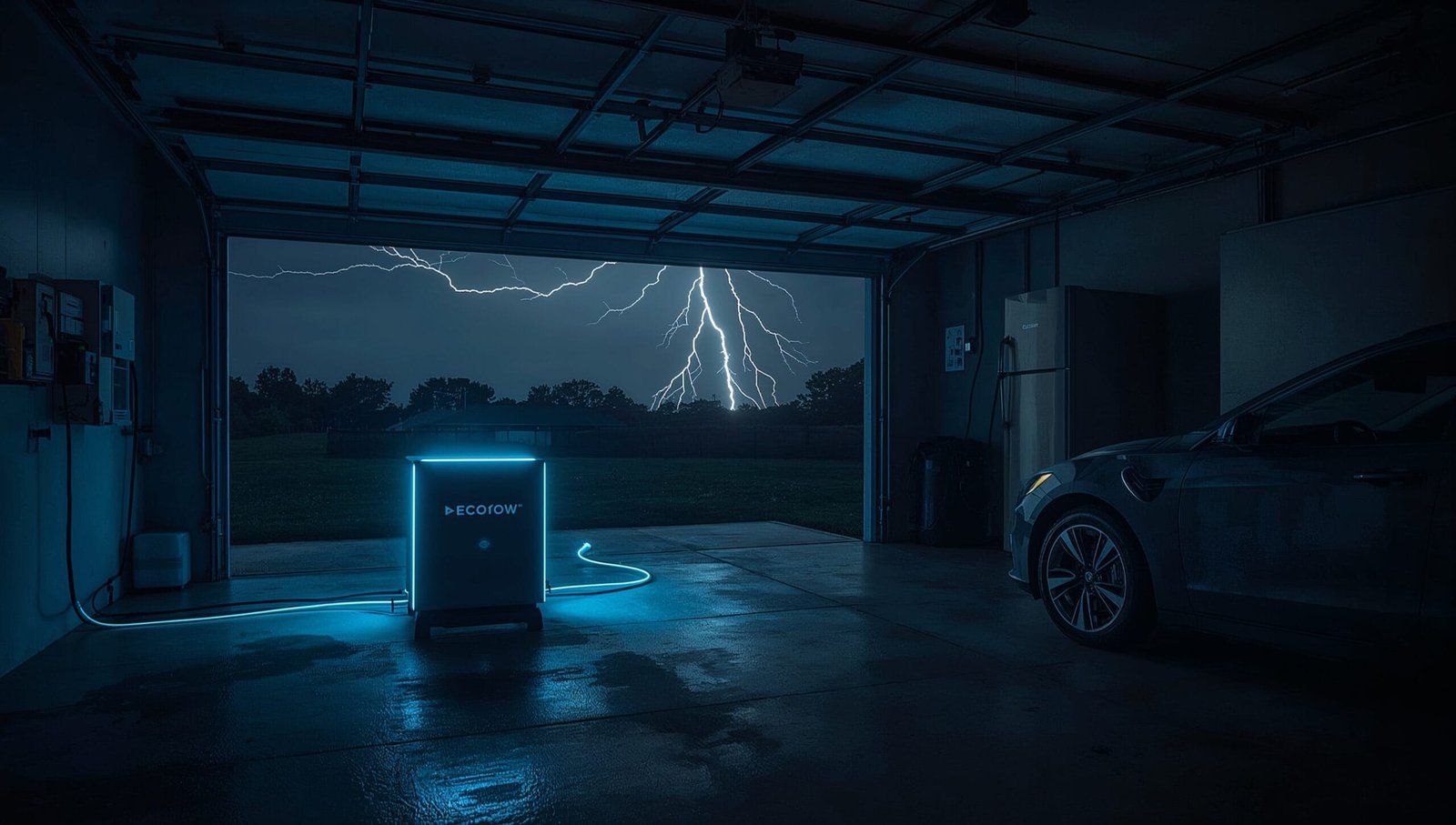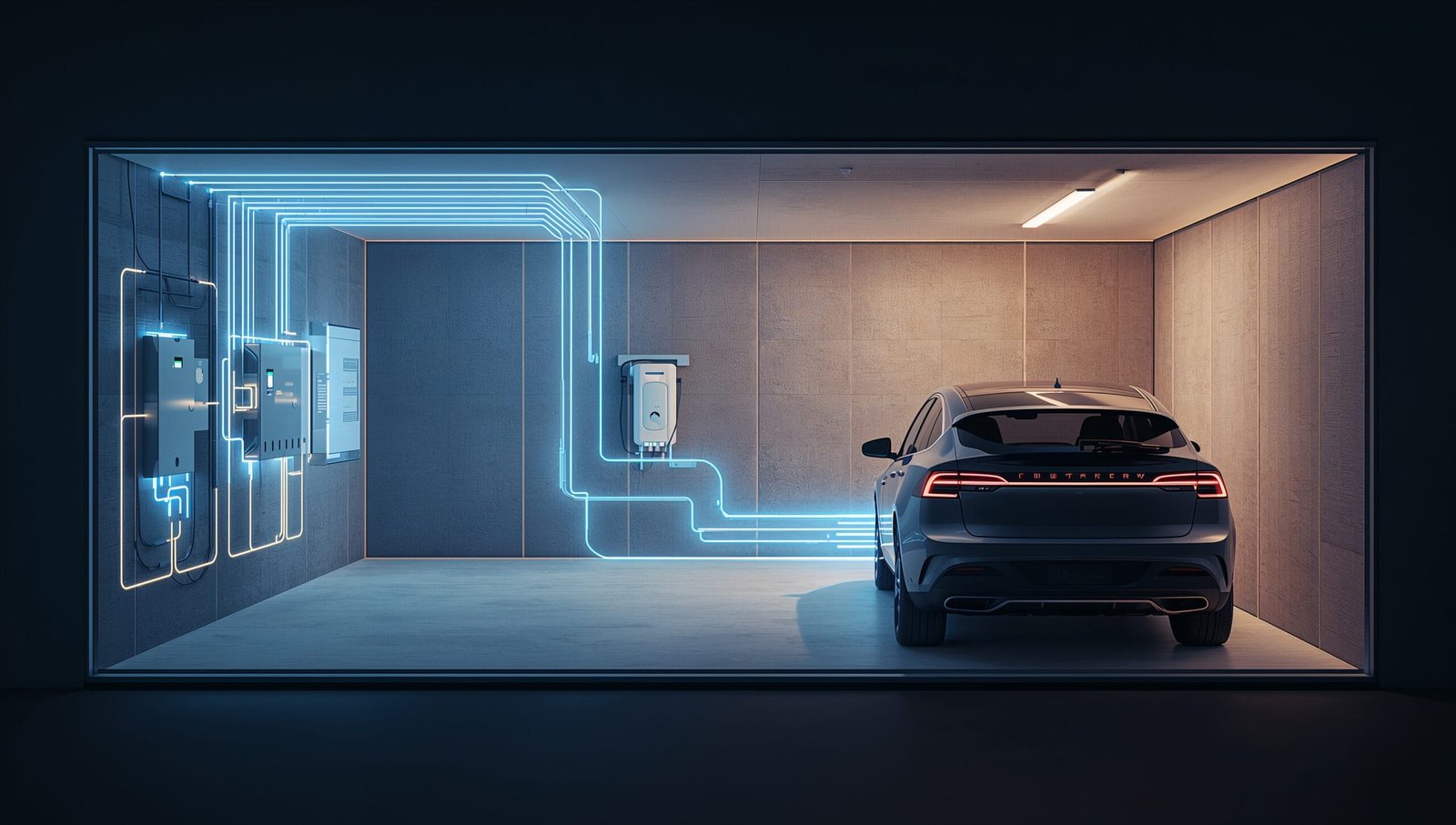BYD, a Chinese automaker, is making a bold move by challenging Toyota in its home turf, Japan. The company is launching its third electric car in Japan, the Seal EV, which is expected to compete directly with the popular Tesla Model 3.
Seal EV Launched as BYD Challenges Toyota
The Seal EV is a sedan that offers a long range and a comfortable interior, similar to the Tesla Model 3. This positioning makes it a compelling option for Japanese consumers looking for an eco-friendly alternative to traditional gasoline-powered vehicles.
One of the key advantages of the Seal EV is its competitive price point. Starting at around $33,100 in Japan, the Seal EV is significantly more affordable than the Tesla Model 3, which starts at around $46,990 in the United States.
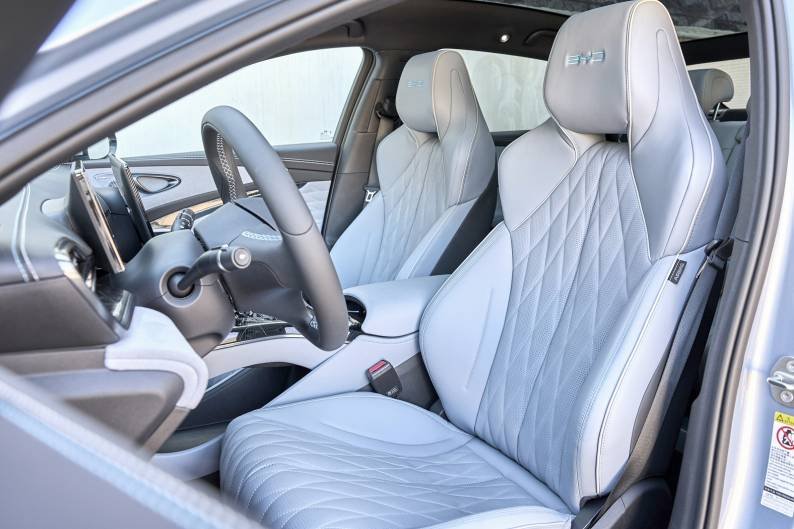
BYD Aims to Capture Market Share in Japan
BYD is setting an ambitious sales target of at least 1,000 units per year for the Seal EV in Japan. This is a significant target, especially considering that Japan’s auto market is dominated by domestic automakers like Toyota, Honda, and Nissan. However, BYD’s competitive pricing and focus on electric vehicles could help it to carve out a niche in the Japanese market.
The launch of the Seal EV marks a significant step for BYD’s expansion into global markets. By taking on Toyota in its home market, BYD is sending a strong signal about its ambitions to become a major player in the electric vehicle industry.
BYD Seal: A Deep Dive into China’s Tesla Model 3 Rival
The electric vehicle (EV) market is heating up, and China’s BYD is making waves with the introduction of the Seal. This sleek electric sedan is taking aim directly at the Tesla Model 3, offering a compelling combination of performance, range, and affordability. If you’re considering an electric car, the BYD Seal deserves a closer look.
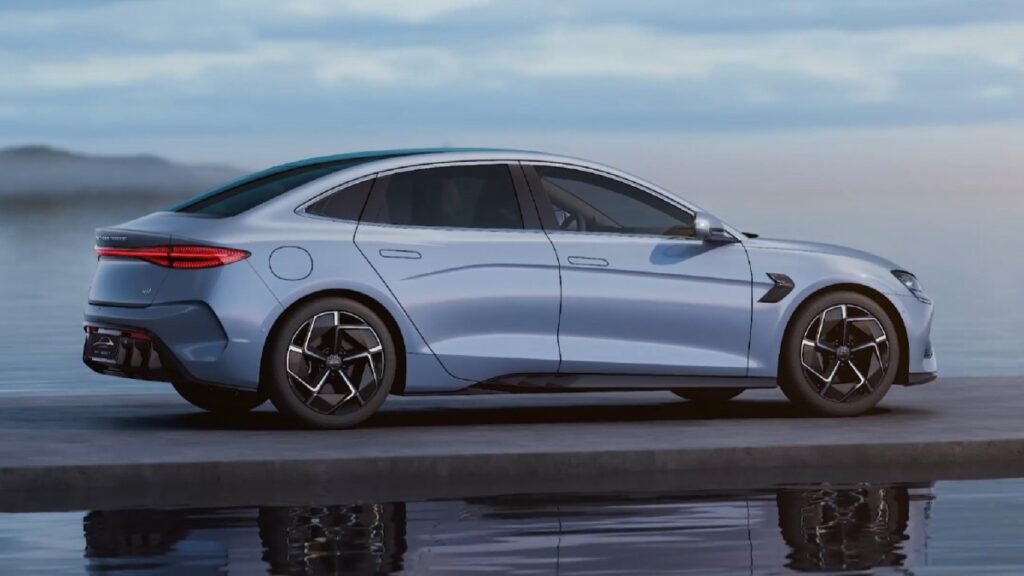
Design Inspired by the Ocean
The Seal boasts a modern and sporty design language inspired by the ocean, evident in its flowing lines, sharp creases, and elongated LED taillights. The interior is equally impressive, featuring a driver-centric layout with a large touchscreen infotainment system and premium materials throughout.
Competitive Performance and Range
The BYD Seal comes in three variants in India (availability may differ by region): Dynamic Range, Premium Range, and Performance. Here’s a breakdown of what each offers:
- Dynamic Range: This entry-level option prioritizes affordability with a focus on everyday driving. It offers a respectable range of around 510 km (317 miles) and a single rear-wheel-drive (RWD) electric motor.
- Premium Range: This mid-range variant strikes a balance between performance and range. It boasts a longer range of around 650 km (404 miles) and retains the RWD configuration.
- Performance: For those seeking a thrill, the Performance variant delivers. It packs a punch with dual electric motors for all-wheel-drive (AWD) and a sportier suspension setup. This variant boasts a 0-100 km/h (0-62 mph) acceleration time of just 5.9 seconds, making it a true performance contender.
While exact specifications for the global market may vary, these figures provide a good picture of the Seal’s capabilities.
Safety Features Abound
BYD prioritizes safety in the Seal. The car comes equipped with a comprehensive suite of advanced driver-assistance systems (ADAS), including:
- Automatic emergency braking (AEB)
- Lane departure warning (LDW)
- Blind-spot monitoring (BSM)
- Adaptive cruise control (ACC)
- Rear cross-traffic alert (RCTA)
These features provide peace of mind for drivers and passengers alike.
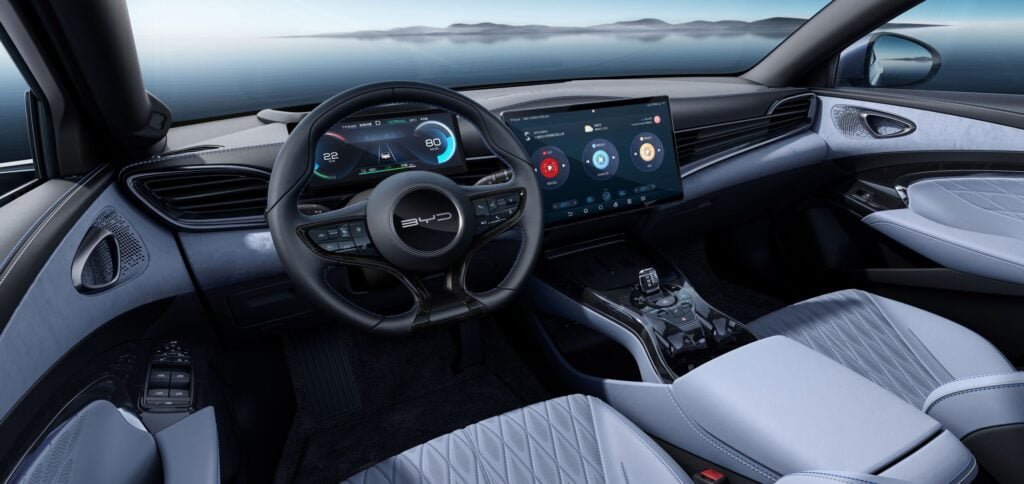
Competitive Price Point
The BYD Seal’s biggest selling point might be its attractive price tag. In India, the starting price is ₹41 lakh (around $50,000) and goes up to ₹53 lakh (around $64,000) for the top-of-the-line Performance variant (prices may vary depending on region). This undercuts the Tesla Model 3, making the Seal a more accessible option for a broader range of consumers.
Early Reviews and Consumer Response
The BYD Seal has garnered positive reviews in India, with praise for its stylish design, comfortable interior, and impressive range. Consumers have also been impressed by the competitive pricing and BYD’s reputation for reliable battery technology. With over 1,000 bookings in India within two months of launch, the Seal seems to be capturing the interest of eco-conscious car buyers.
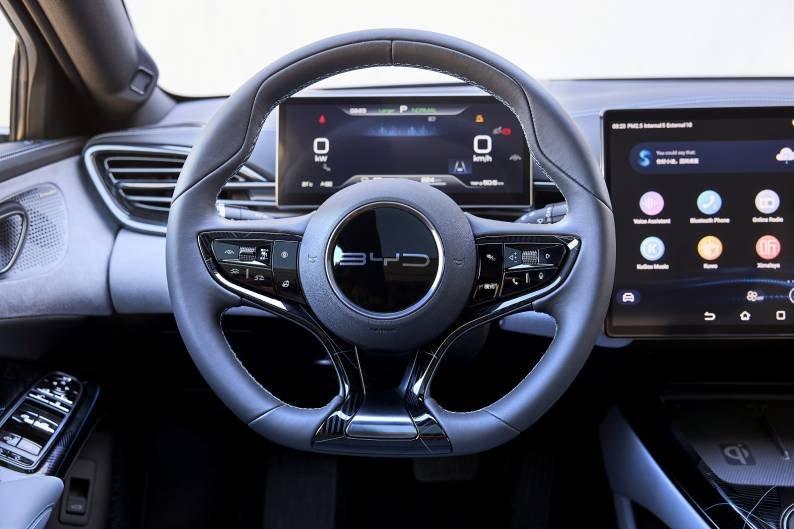
Is the BYD Seal Right for You?
If you’re looking for a feature-rich, stylish, and practical electric car with a competitive price tag, the BYD Seal is definitely worth considering. It offers a compelling alternative to established players like Tesla and caters to a wider range of budgets with its varied trim levels. However, availability may be limited depending on your region. It’s always wise to research local dealerships and test drive the car before making a final decision.
Here are some additional factors to consider:
- Charging Infrastructure: Research the availability of charging stations in your area, especially if you don’t have home charging capabilities.
- Government Incentives: Many countries offer tax breaks or rebates for electric vehicles. Factor these incentives into your decision-making process.
- After-Sales Service: Research BYD’s service network in your area to ensure convenient access to maintenance and repairs.
The BYD Seal is a promising new addition to the EV market. With its competitive pricing, impressive range, and feature-rich interior, it’s sure to give established players a run for their money. Whether it’s the right choice for you depends on your individual needs and priorities. But one thing’s for sure: the BYD Seal is a car that deserves serious consideration.

